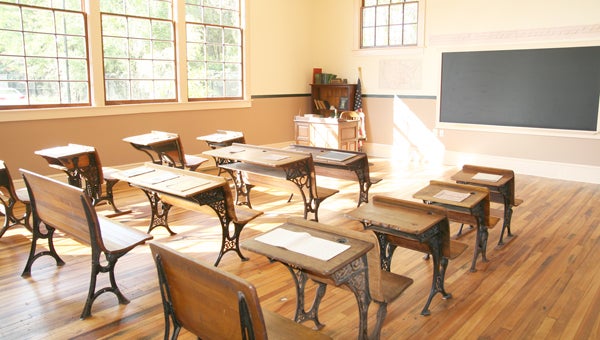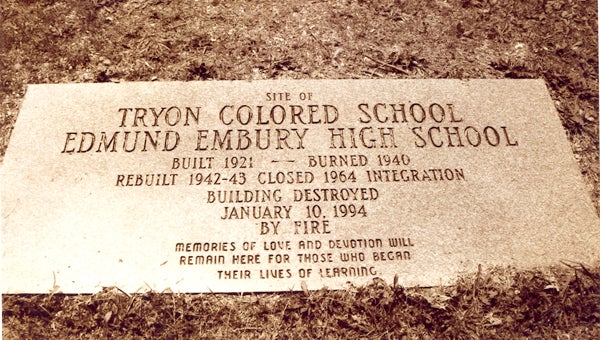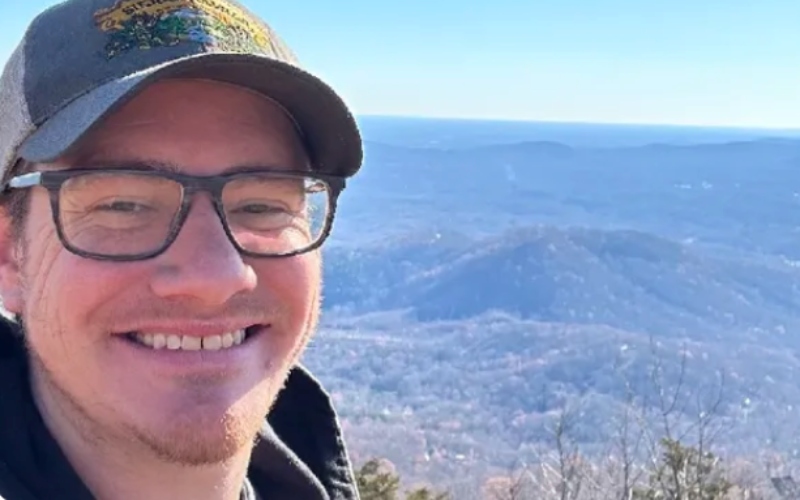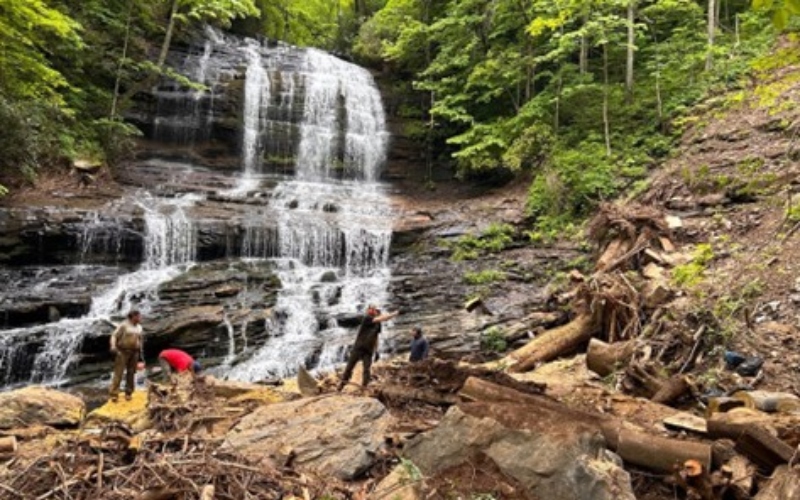History of Rosenwald Schools
Published 5:02 pm Friday, August 3, 2012
Rosenwald School museum in Maryland
The Ridgeley School, a Rosenwald School in Capitol Heights, Md., is a three-classroom school that was built in 1927 for African-American children who lived in the Ridgeley area of Maryland. In 2005, work began to renovate the school, which is now a museum celebrating the history of Rosenwald Schools.
During the planning process, the committee planning the renovation determined how the school would be used and ways to secure funding. The funds were secured before the renovations began. The renovation of the school’s interior and the two acres of land surrounding the building began in 2009 and was completed in 2011.
Each classroom now has a different purpose. One classroom is a recreated 1927 classroom with students’ desks and a teacher’s desk from that period. Another classroom is an exhibit/meeting room with displays on the wall of activities that are related to the school and tables and chairs for meetings. The third classroom is a conference/reading/reception room with a conference table and chairs, bookcases with books and a kitchenette. An industrial arts/home economics area is located in a space between two of the classrooms. The land surrounding the school is now landscaped with grass, shrubbery and a parking lot for visitors.
The newly renovated Ridgeley Rosenwald School is operated by the Prince George’s County Alumnae Chapter of Delta Sigma Theta Sorority, Inc. in partnership with the Maryland-National Capital Park and Planning Commission. It is open for tours, which are guided by volunteers from the Delta Sigma Theta Sorority.

The classroom in the Ridgeley Rosenwald School in Maryland has been renovated to show how it would have looked when the school was built in 1927. (photo by Angela Holmes)
Rosenwald School Conference held in June
In June, a Rosenwald School Conference celebrating the existence of Rosenwald Schools for 100 was held at Tuskegee University in Tuskegee, Ala. The conference was sponsored by the National Trust for Historic Preservation.
Attendees at the conference learned about many Rosenwald Schools that are being saved through renovation. This information was provided through workshops, speakers, film documentaries, tours, poster presentations and discussions.
– article submitted by Mae Carolyn Jackson Williams






